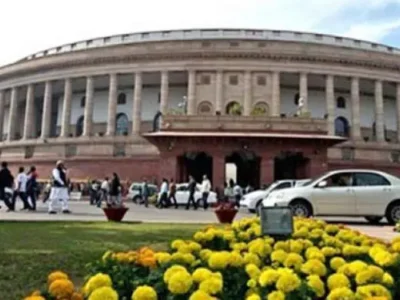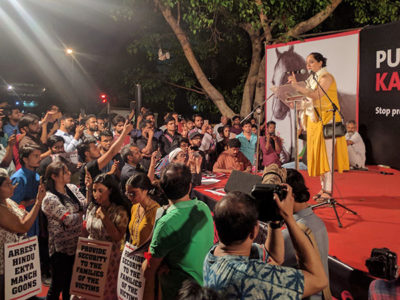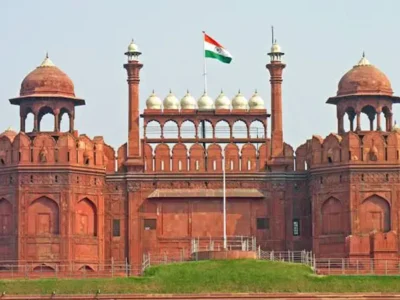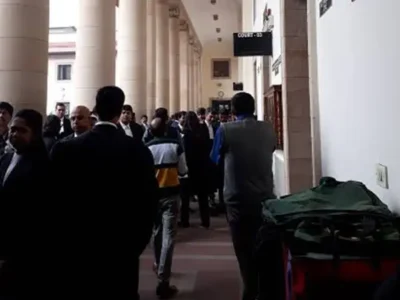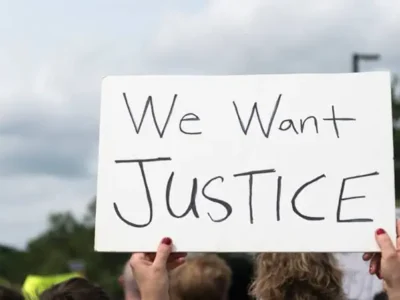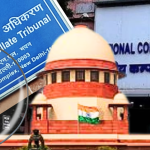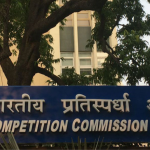Examining the Use of Video Conferencing in Indian Courts
The COVID-19 pandemic has affected our lives in ways that we could not have imagined, changing the way we work and impacting various institutions around us.
To Deter Rapes, Cases of Heinous Nature Should Be Expedited All the Way Through Different Levels of the Judiciary
The recent cases of rape and sexual harassment have shocked the conscience of the country. And the cry to set up more fast-track courts that can swiftly deal with these cases has been growing.
Important Lessons to Be Learnt: How the Kathua Rape Case Proceeded Very Differently From the Unnao Rape Case
The movie Article 15 had a rosy ending. It wraps up showing that the perpetrators who had committed the rape and murder of the girls belonging to a certain caste were quickly convicted by the court and sentenced to jail.
The Hard Realities of India’s Fast Track Courts
Fast-track courts are in the limelight yet again. Smriti Irani, Minister for Women and Child Development, informed the Rajya Sabha that the government has proposed to set up 1,023 fast-track courts to clear the cases under the Protection of Children from Sexual Offences (POCSO) Act.
Commercial Courts: Serving Justice or Ease of Doing Biz
The report suggests boosting the current strength of judges from 143 to 186 to clear all the pending cases in one year
Why Indian Courts Shouldn’t Get Their Hopes Up With Congress Promise of Judicial Reform
Congress’ election manifesto opens debate on much-needed reform in Indian judiciary but promises have seldom turned into government action.
Make Haste Slowly: Why Time Limits Imposed for Judging Rape and Other Cases Are Seldom Observed in Practice
The horrifying incident of the rape and death of eight year old Asifa in Kathua (J&K) shocked the conscience of the country, when the police first found her body near a forest on 17 January this year.
Revisit Policy on Court Managers
In a recent Supreme Court order in All India Judges’ Association vs Union of India, the court expressed its “considered view” that assistance of ‘Court Managers’ “is needed for a proper administrative set up in a court.”
India’s Sexual Crimes Ordinance Puts Time Limits on Trying Cases. Here’s Data on Why It May Not Work
What good is a law that seems perfect in theory but remains ineffectual in practice? The central government’s ordinance on sexual offences has been in the news for many reasons, primarily for introducing the death penalty as punishment for the rape of a child under 12.
Burning The Midnight Oil-A Look At The Workload Of High Court Judges
In an unprecedented move, the judge of the High Court of Bombay, Justice Kathawala heard the cases listed in his court till 3:30 am in the morning.

